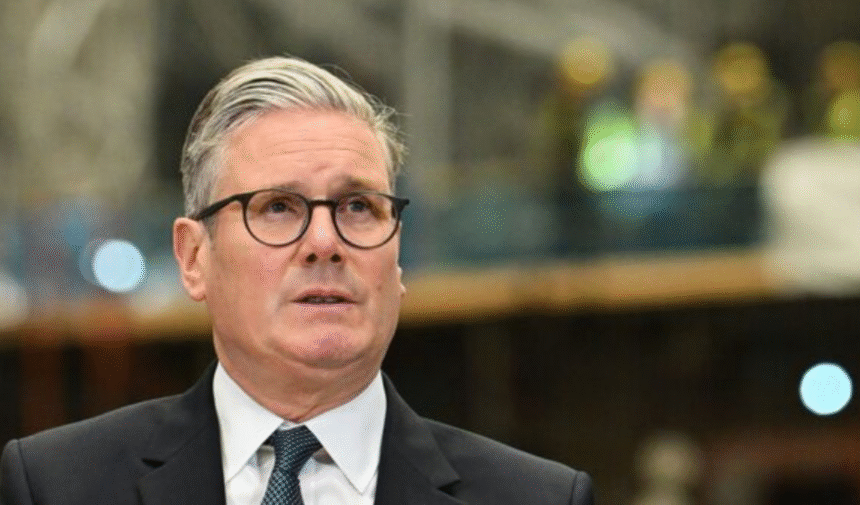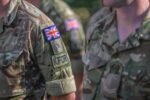During the Berlin Process Summit in London, UK Prime Minister Keir Starmer emphasized that the Western Balkans is a region where the security of the European continent is truly tested.
“The region has often been described as Europe’s crossroads, but more importantly, it has served as a testing ground for Europe – the place where the security of our continent is put to the test,” Starmer said at the opening of the summit.
Leaders from the Western Balkans and the European Union gathered in London to discuss strengthening political, economic, and infrastructure cooperation, as well as accelerating the European integration of the region.
Starmer noted that discussions would focus on security, migration, economic growth, and combating the “malicious influence” of Russia.
“For a long time, the Western Balkans has been a transit route for criminal smuggling networks. You would not want these networks operating on your territory because of the consequences of their actions,” he added.
The Berlin Process, launched in 2014 by then-German Chancellor Angela Merkel, aims to bring Western Balkan countries closer to the EU.
Kurti Calls for Accountability from Serbia
Kosovo was represented at the summit by Acting Prime Minister Albin Kurti, who highlighted that Kosovo’s progress remains under the shadow of continuous threats and aggression from Serbia. He called on Belgrade not to act with impunity.
Kurti referred specifically to the September 2023 attack on the Kosovo Police in Banjskë, Zveçan, stressing that Milan Radoičić, former Deputy Chairman of the Serb List backed by Belgrade, had claimed responsibility but has not faced justice.
“Our hostile neighbor in the north must not be allowed to act with impunity, as this encourages new incursions and sends a dangerous signal that attacks on Kosovo’s sovereignty and territorial integrity could go unpunished,” Kurti said.
Kosovo has repeatedly requested Serbia to extradite Radoičić, while trials continue against three of the dozens accused in the Banjskë incident, in which a Kosovo Police officer was killed.
Kurti stressed the need for European unity in countering both external pressures and internal doubts. He added:
“The Western Balkans is geographically within the EU and NATO borders, yet all countries remain outside the EU, and half outside NATO treaties. This is neither wise nor solid. To counter Russian or Chinese influence in Europe, we cannot leave any security vacuum.”
He also called on London to assist Western Balkan countries seeking NATO membership, thereby closing this dangerous security gap.
Summit Attendance and Focus
Leaders from Kosovo, Albania, Serbia, Montenegro, Bosnia and Herzegovina, and North Macedonia, along with representatives from Germany, France, and other EU countries, attended the summit.
- Albania: Prime Minister Edi Rama
- Serbia: Prime Minister Gjuro Macut
- Montenegro: Prime Minister Milojko Spajić
- North Macedonia: Prime Minister Hristijan Mickoski
- Bosnia & Herzegovina: Chairwoman of the Council of Ministers Borjana Krishto
- Germany: Chancellor Friedrich Merz
The day before the summit, King Charles III hosted a reception for participants. The UK Foreign Office stated that discussions would focus on regional stability, security, and economic cooperation, highlighting illegal migration, particularly along major smuggling routes.
The UK emphasized its goal of strengthening border security, tackling criminal networks, and returning those without legal status to their countries of origin, while also seeking to rebuild relations with the EU.
Since its inception, leaders from the Western Balkans and the EU have met 11 times: four in Berlin, and once each in London, Vienna, Paris, Trieste, Poznań, Sofia, and Tirana.







